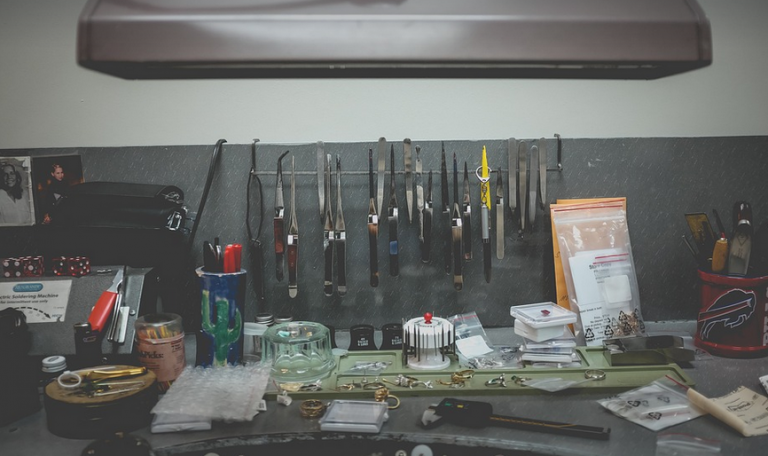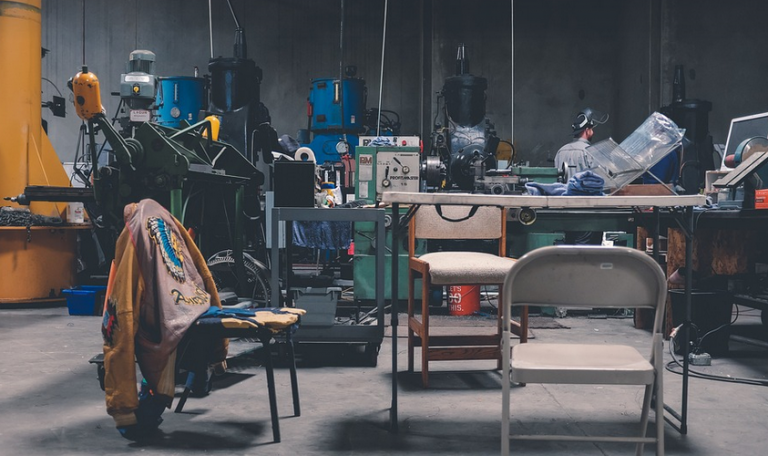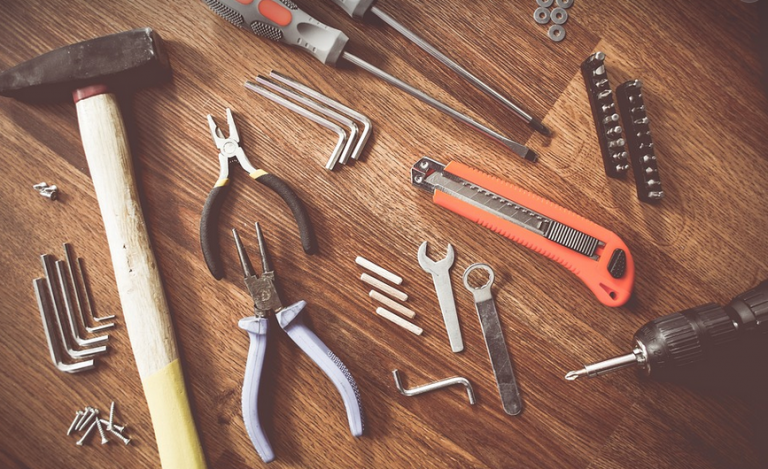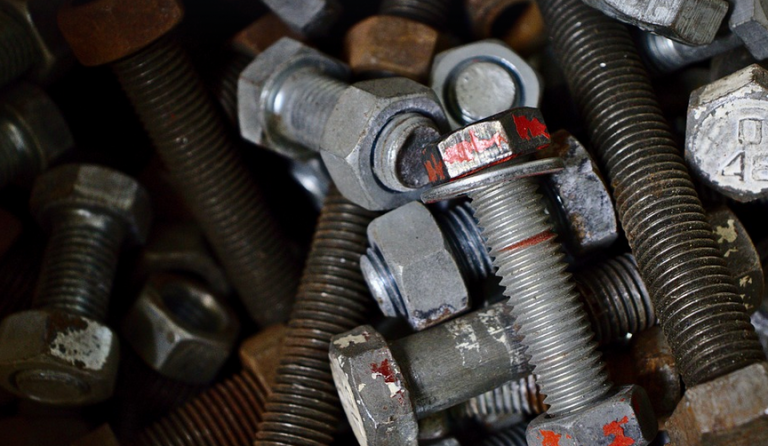
Keeping Cool This Summer, Without Breaking the Bank
Summer’s here, and we all know what that means: sweltering temperatures, sticky humidity, and a whole lot of air-conditioning. But did you know there are other options out there besides relying solely on your trusty AC unit? Enter the world of heat pumps!
Heat pumps have gained massive popularity in recent years for good reason. While they might sound like something straight out of a science fiction movie, these ingenious devices offer a unique blend of heating and cooling capabilities, potentially saving you money in the long run and reducing your environmental impact.
So, how do heat pumps work their magic? Unlike traditional air conditioners that only cool, a heat pump utilizes a refrigerant to absorb heat from the surrounding environment, even if it’s cold outside. This allows them to both provide efficient heating and cooling depending on your specific needs.
But what about those central AC units you’re used to? Let’s break down their characteristics and how they compare to heat pumps.
Central Air Conditioning: The Familiar Friend
Central air conditioners rely on a refrigerant cycle that absorbs heat from your indoor environment, then releases it outside where it cools the room. They’re incredibly efficient in cooling but can be expensive to power and not as environmentally friendly.
Here are some of their key benefits:
- **Cooling Powerhouse:** They provide consistent, reliable cooling, even on the hottest days.
- **Energy-Efficient (Mostly):** While not always perfect for energy efficiency, they’re better than older models and offer a wide range of options for energy savings.
- **Well-Established Technology:** Central air conditioning is well-known and has been around for decades. You’ll find plenty of resources and expertise available if you need help with installation or maintenance.
But there are some drawbacks to consider:
- **High Installation Cost:** Installing a central AC unit requires significant upfront investment, especially for larger homes.
- **Limited Heating Capability:** These units primarily focus on cooling and often struggle to provide sufficient heat in the colder months.
- **Potential for Energy Waste:** Depending on your home’s insulation and overall energy efficiency, a central AC unit may be less effective at heating or cooling than it could be.
Heat Pumps: The Versatile All-Rounder
Heat pumps are the epitome of versatility, making them an attractive alternative to traditional air conditioners.
They work by extracting heat from the air outside and transferring it indoors for heating or removing it during the summer for cooling. Their efficiency in both directions allows them to save you money on your utility bills over time, especially if you are located in a region with moderate temperatures.
Here’s a closer look at their advantages:
- **Energy Efficiency:** Heat pumps can be significantly more energy-efficient than traditional AC units, often using less power to achieve the same results.
- **Versatility:** They can function as both an efficient heating and cooling unit, saving you money by eliminating the need for separate systems.
- **Environmentally Friendly:** Heat pumps use renewable energy sources like electricity, leading to reduced carbon footprint and lower reliance on fossil fuels.
However, heat pumps do have some limitations:
- **Installation Costs (Potentially):** While they can be more efficient in the long run, their initial cost might be higher depending upon your location and specific system needs.
- **More Complex to Install:** In comparison to central AC units, heat pumps require a more complex installation process.
- **Performance Varies by Climate:** Their efficiency in heating or cooling depends on the climate you live in. In some regions with severe temperature drops during winter, heat pumps may struggle to provide sufficient warmth.
Making the Best Choice for You
So, which system is right for you? There’s no one-size-fits-all answer.
The best solution depends on several factors like:
- **Your Climate:** If you live in a climate with consistently warm summers and mild winters, a heat pump would be an excellent choice.
- **Budget:** Consider the upfront installation costs and long-term energy savings when comparing both options.
- **Home’s Insulation:** An adequately insulated home can significantly enhance the efficiency of either system.
- **Energy Consumption:** If you are looking to minimize your environmental impact, a heat pump could be an efficient choice.
Ultimately, researching different options, contacting qualified HVAC professionals, and assessing your unique needs will help you make the right decision.
You’re not just choosing between two systems; you’re investing in a sustainable, energy-efficient solution for years to come. And that’s worth considering when deciding on your summer cooling strategy!






